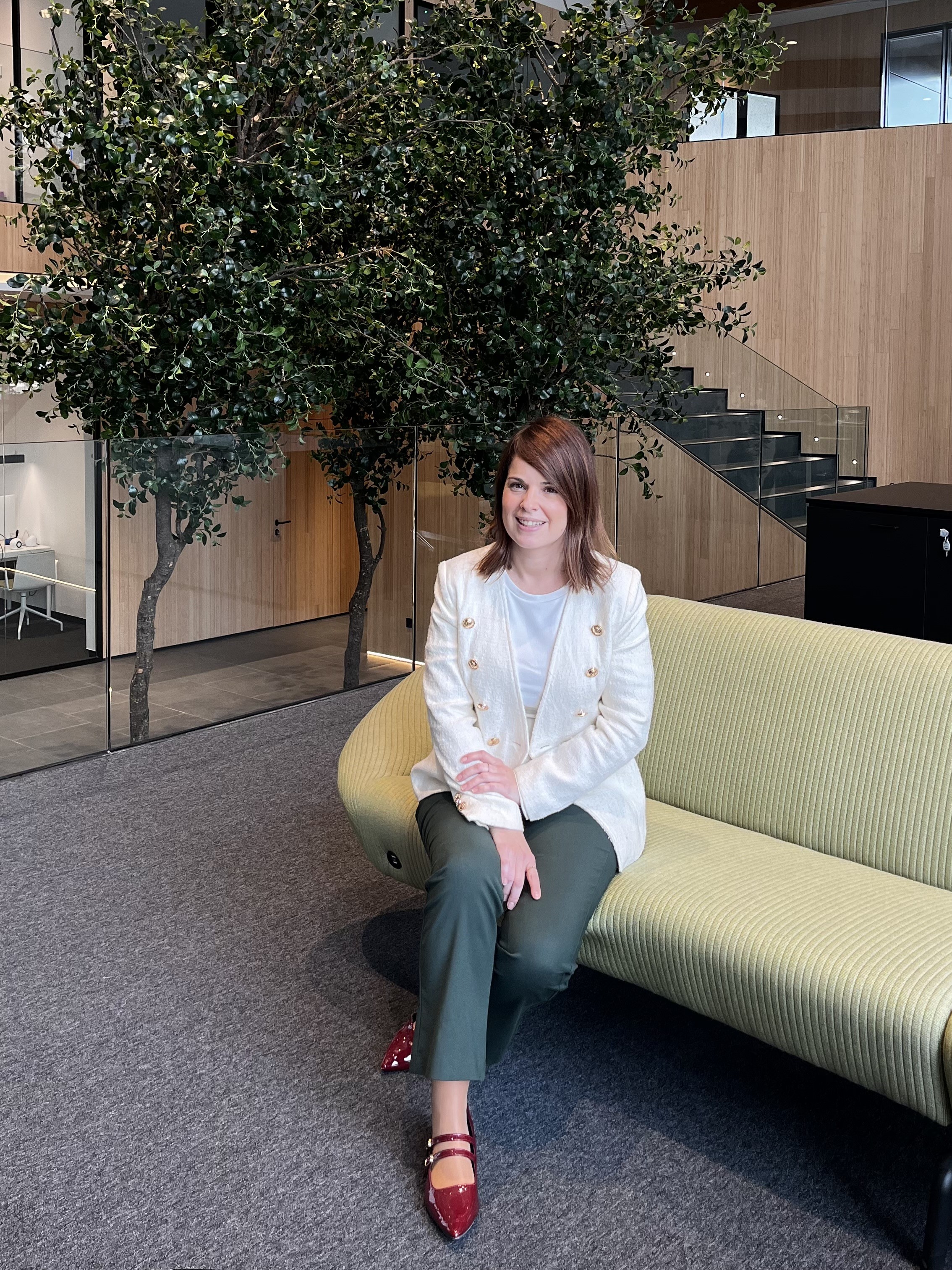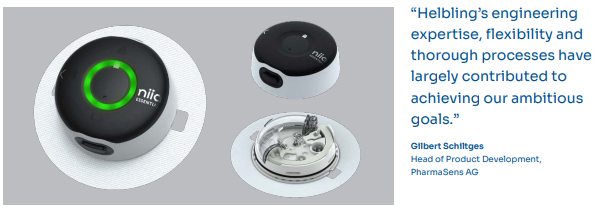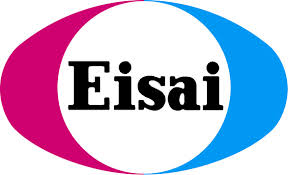Interview with Verónica Latorre, Director of People and Culture at Rioja Nature Pharma

Verónica Latorre, Director of People & Culture at Rioja Nature Pharma
Managing the talent of a company in constant growth and evolution is the
challenge that Verónica Latorre, Director of People& Culture at Rioja
Nature Pharma, faces every day.
In this interview, she reveals the keys to the corporate culture that
has led RNP to position itself in the nutraceutical sector as one of the
leading bespoke manufacturers in Europe, and the challenges that the company's
Human Resources department foresees for the future.
It is a
pleasure to have you with us today, Veronica, could you tell us about your
career path and how you got to your current position?
Of course,
it is a pleasure to be here. My training began with a Diploma in Labor
Relations, which awakened my passion for people management. Subsequently, I
completed a Master's degree in Human Resources Management, which gave me a more
strategic vision of the area. I have been in this area for more than 10 years,
a journey full of learning that has allowed me to take on different functions
and reach my current position.
We know
that the role of Human Resources has evolved a lot in recent years, how would
you describe it from your experience?
If I look
back, I remember the HR department focused on administrative tasks such as
payroll management and regulatory compliance, nothing to do with the current
ones. Now, we focus on attracting, developing and retaining talent, promoting
an organizational culture and ensuring the well-being of employees, always
aligned with the strategic objectives of the business. Human capital is the
true engine of organizational success.
In a
competitive environment, what are your main sources of recruitment and how do
you select the right channels for each position?
The key is
to anticipate talent needs and choose channels according to the characteristics
of the position. We use a combination of strategies:
-
Agreements with universities and institutes and participation in job fairs.
-
Professional social networks and digital portals.
-
Specialized job boards.
- Internal
referrals.
But it is
true that we must continue to practice inbound recruitment and become our own
brand ambassadors.
Technology
is playing an important role in HR. How are you incorporating it to improve
talent management, training and employee experience?
One of the
key objectives since I arrived was the digitization of the department, a
process that we have been successfully implementing.
This
process would not have been possible without the support of my colleague
Andrea, who has been a fundamental part of achieving it.
We started
with a platform that managed not only clocking control, but also included
leaves, vacations, internal documentation and communication. Over time, we have
incorporated more modules, such as performance evaluation, with which we will
identify strengths and areas for improvement, allowing us to implement action
plans for employee development.
We also
have an ATS to streamline the selection process and use digital tools to
improve daily productivity.
And, as
part of our commitment to innovation, we have embraced artificial intelligence
in our daily routine. This technology supports us in creating more efficient
procedures and optimizing various tasks, allowing us to be more agile.
One of
the key issues in HR is the management of diversity and inclusion. What actions
is RNP taking in this regard?
At RNP,
diversity and inclusion are fundamental. We actively participate in the
inclusion of people with different abilities, collaborating with local
associations and foundations. This action is an integral part of our
organizational culture and is reflected in our code of conduct.
What do
you think is helping you the most to detect the needs of the department?
Data
analysis is key. Measuring KPIs such as absenteeism, turnover and other
indicators allows us to identify areas for improvement before they become major
problems. Thanks to this data, we can implement proactive solutions that
directly impact organizational culture and employee well-being.
Finally,
for those looking to grow in the human resources field, what advice would you
give them to develop as professionals and leaders in this sector?
I think the
most important thing is a passion for what you do. If you are really passionate
about people management, that will lead you to always look for ways to grow,
evolve and improve in your field.
HR is
constantly evolving, and being a good leader requires always being willing to
learn and implement new ideas for the benefit of talent and the company.
Thank
you very much, Veronica, for sharing your valuable experience and perspectives
on HR development. It has been a pleasure to have you with us and to learn more
about your strategic approach and the transformation you have driven in your
department. We wish you much success in future projects and in the continued evolution of the People
& Culture team. Thank you again and see you soon!

Recently Visited
Position your company at the heart of the global Pharma industry with a CPHI Online membership
-
Your products and solutions visible to thousands of visitors within the largest Pharma marketplace
-
Generate high-quality, engaged leads for your business, all year round
-
Promote your business as the industry’s thought-leader by hosting your reports, brochures and videos within your profile
-
Your company’s profile boosted at all participating CPHI events
-
An easy-to-use platform with a detailed dashboard showing your leads and performance






